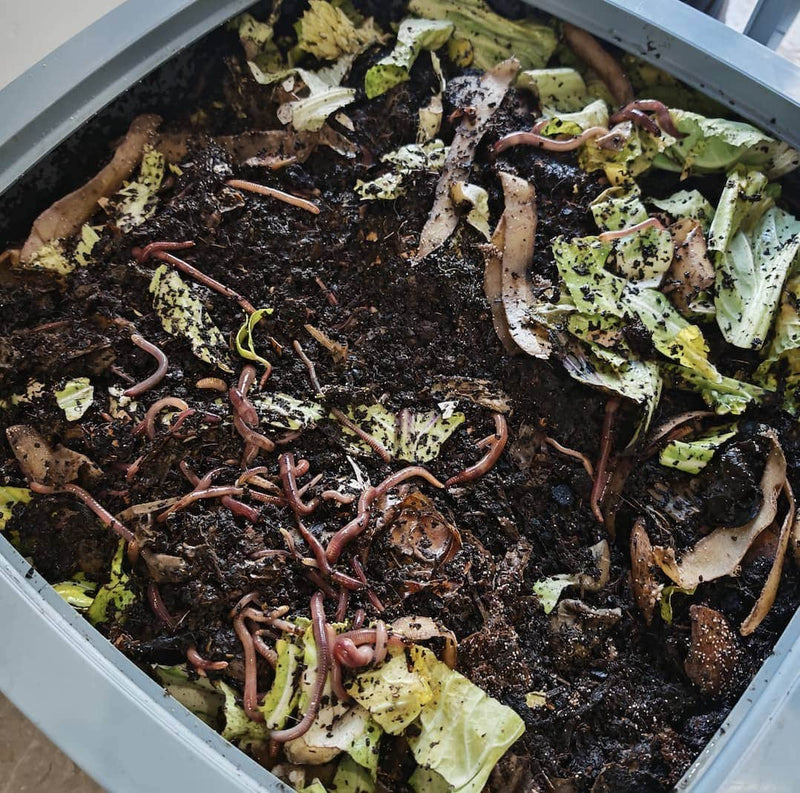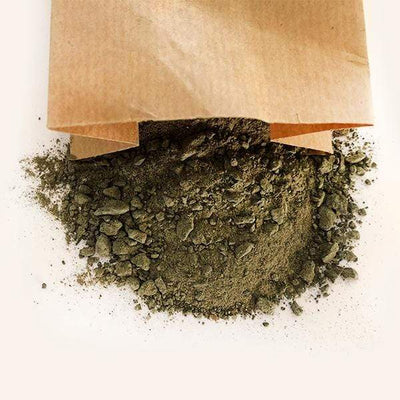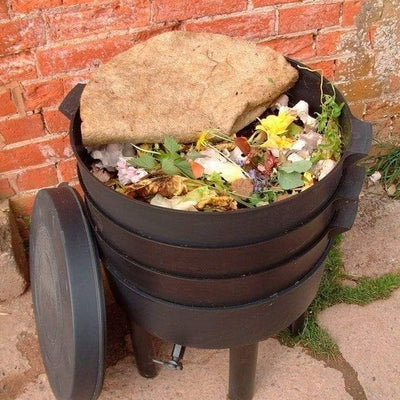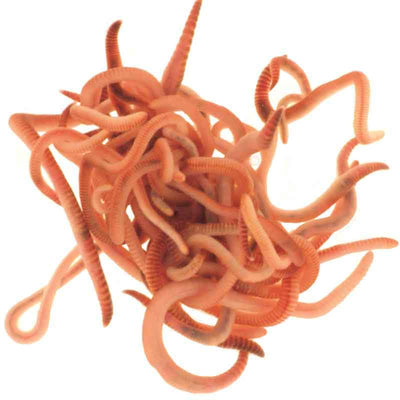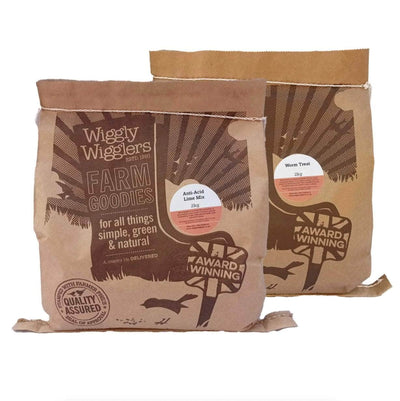Most composting worms live in a container – a wormery, stacking bin or bucket. They can’t wriggle off to fresh leaf litter if things aren’t right, so it’s down to us to look after them. On our farm, we wouldn’t leave the cattle without clean bedding or the pigs without straw. Worms may be quieter, but they’re livestock too – and one of the best ways to care for them is to stir or aerate the bedding (yes, some folk call it fluffing).
⸻
Air – Sweet, Not Stinky
Worm composting works best with oxygen. Without it, anaerobic microbes take over, and you get sludge and smell. A stir keeps the bedding light and airy, so the good microbes stay in charge.
⸻
Moisture Matters
Worms breathe through their skin. Too wet and they drown, too dry and they suffocate. A quick aerate shows you what’s happening so you can balance it straightaway.
⸻
Avoid the Soggy Bottom
Food scraps tend to sink and pile at the bottom. That’s where rot and stink begin. By stirring, you bring food back into the active layer where the worms can work on it.
⸻
Worm Welfare
A stir is also a health check. Are the worms pink and lively? Any cocoons (little lemon-shaped capsules)? Any pests sneaking in? You’ll spot it all early.
⸻
Growing the Clew
A mass of worms is called a clew. Lovely word. By checking regularly you’ll know if your clew is multiplying fast enough to split the bin or harvest castings. Better to decide early than end up knee-deep in wrigglers.
⸻
Wiggly Tips for Worm Keepers
• Stir lightly every week or two – you’re aerating, not digging spuds.
• Aim for “wrung-out sponge” dampness.
• Chop scraps small – they disappear quicker.
• Cover fresh food with bedding to keep flies down.
• If it smells, it’s time for air.
• Remember: worms are livestock, not a black box.
⸻
The Verdict
Call it stirring, aerating, or fluffing – it keeps your wormery healthy. It prevents smells, balances moisture, and gives you a window into your worm population. Worms might be tiny, but treat them well and your clew will reward you with the very best compost.

